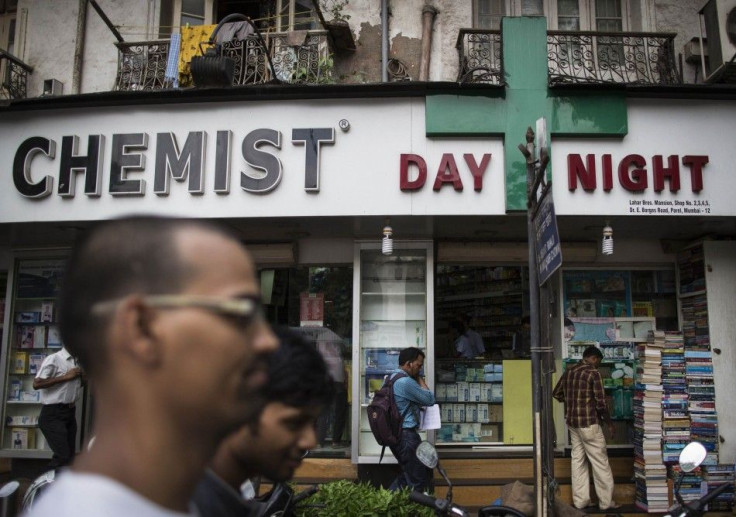Canadians In Distress As Essential Generic Drug Prices Are Soaring

Canada is facing a serious problem of escalating prices of generic drugs that are 60 to 70 percent cheaper in other industrialised countries. The problem is more acute in the case of six essential drugs.
The issue has been highlighted in a recent study by the University of Ottawa and Bruyere Research Institute. It said that six drugs, including medications to treat high blood pressure and high cholesterol levels are most costly in Canada than anywhere else, reports Huffington Post. As a result, Canadians are spending more than what their counterparts spend in the U.S., U.K., Germany, New Zealand or Sweden.
Pact on Pricing
To tackle the problem, in April 2013, a few Canadian provinces and territories had joined in an agreement to ensure lower prices for the six essential drugs. The drugs were Amlodipine, Atorvastatin, Omeprazole, Rabeprazole, Ramipril and Venlafaxine. The agreement mandated that they will buy them in bulk and get a price cushion. These are the medications on which 20 percent of the public spending takes place, reported Globe and Mail.
According to Jason Nickerson, a clinical investigator at Bruyere, it is surprising that many countries, who are retailing cheaper generic drugs are sourcing from a Canadian company named Apotex at prices lower than what the Canadians are paying.
In New Zealand, the blood pressure medication amlodipine is sold 87 percent cheaper than in Canada. And the U.S. citizens pay 94 percent less for their anti-depressant venlafaxine.
Faulty Price Ceiling
The study blames Canadian provinces and territories for this anomaly because they set a price ceiling for generics at 18 percent of the value of the branded drug. This led to loss of bargaining power carried out by national competitive bidding agencies in other countries.
National Pharma Policy
The study published Tuesday on openmedicine.ca, has called for a national pharmacare programme so that the prescription drugs can also come under the ambit of a publicly funded system, than making it an out-of-pocket expense. This is important for Canada, given its hugely growing ageing population. Even though Canada is the only industrialised nation with universal health insurance, it has no public coverage in prescription drug costs.
The Canadian Federation of Nurses Unions says that potential savings of $11.4 billion a year can be achieved by Canadian taxpayers if pharmacare is brought in and drug costs can be depressed. Canada's Federal Health Minister Rona Ambrose has not made any public comments so far on a national pharmacare strategy.





















